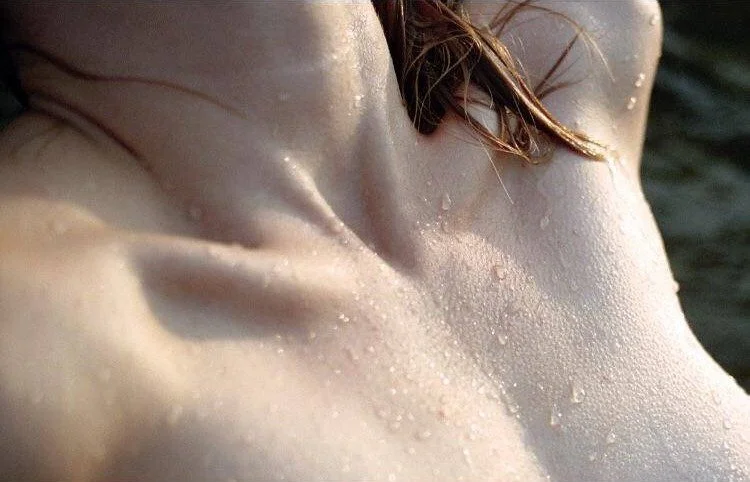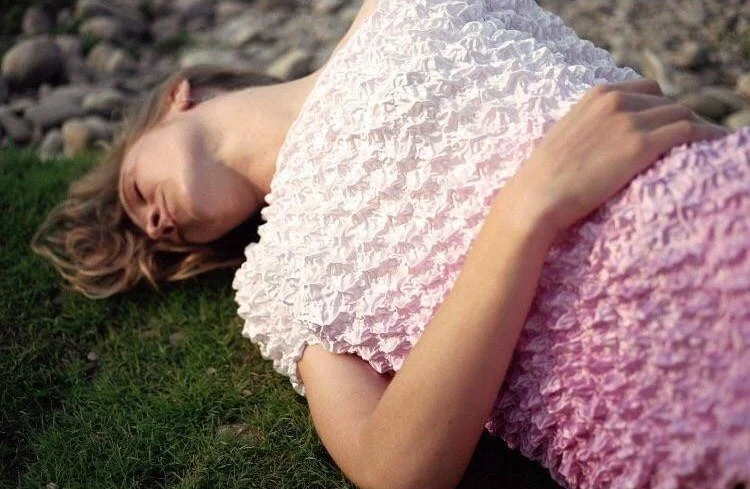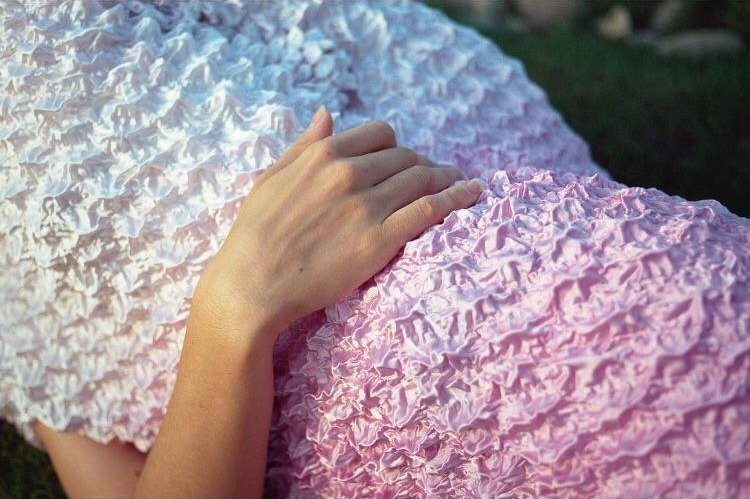SKIN
Dance © Julia Rauch
Music © Jeremie Esperet
Trailer © Anna Rebecca Unterholzner
Photography © Julie Charbonnier
SKIN is a gentle dance exploration of what we are made up of.
Designed as a fifteen-minute dance performance, it seeks to describe the transformative process of shedding. Irresistible, permanent, and diffuse, this slow process that operates in each of us helps us to offload, to regenerate, just as our cells are renewed at every moment.
Representing the slow metamorphosis from the illusion of a common skin with the mother to the emergence of an individual and individualized self-skin, this solo is perceived as a transformative, emancipating, and regenerating experience by the artist Julia Rauch.
The Me-Skin (concept created by Didier Anzieu in “Le Moi-Peau”) designates an allegoric representation that the child’s self uses during the early phases of its development to represent itself as a self-based on its experience of the surface of the body.
The envelope of the “Me-Skin” is built, destroyed, and rebuilt: bumps, hollows, reflections of the desire to be touched, or of the absence of care. The child grows up, taking in or refusing stimuli, and these interactions shape it in the same way as a clay sculpture is shaped by the artist.
Just as trees take shape as we grow, attracted by light and pushed by the wind, the child is subjected to its environment and its psyche takes the shape given to it by caresses, blows or shocks.
Photography © Julie Charbonnier
Photography © Julie Charbonnier
The aim of our project SKIN is to explore the relationship of the newborn, then of the baby, to the other, or to the maternal environment, via the touch medium.
How does touch affect us, build us, and shape our personality?
How could we transcend the impression that has been printed in our flesh through the touch to build a new self?
How much of who I am really comes from within myself, and how much has been carved and shaped?
Do we have a skin or are we our skin?
“The deepest thing in man is his skin - assuming he knows himself”
- Paul Valéry, from L’Idée fixe (1931)


